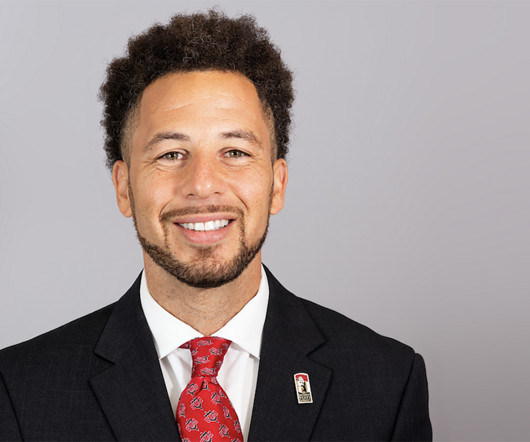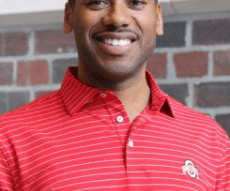Sacramento State Creates Nation's First Black Honors College
Diverse: Issues in Higher Education
FEBRUARY 15, 2024
Luke Wood “This is one component of a larger effort to increase success rates for Black students,” said Dr. J. While we have the highest population of Black students, we are in the bottom quartile for success, and have been for many years,” and the Black Honors College will seek to reverse that trend, he said.












Let's personalize your content